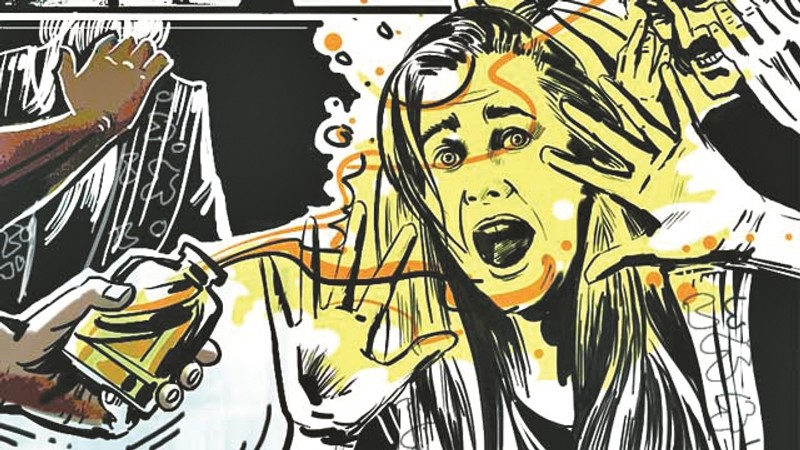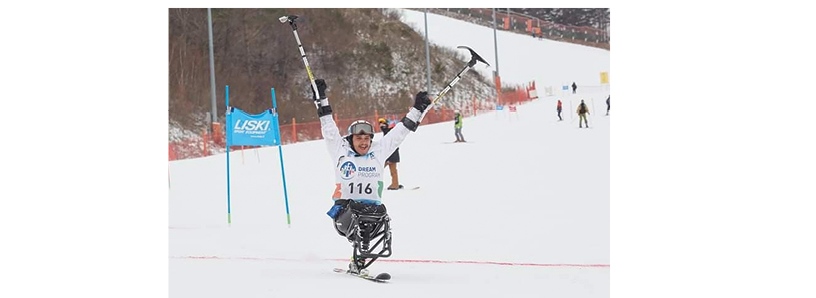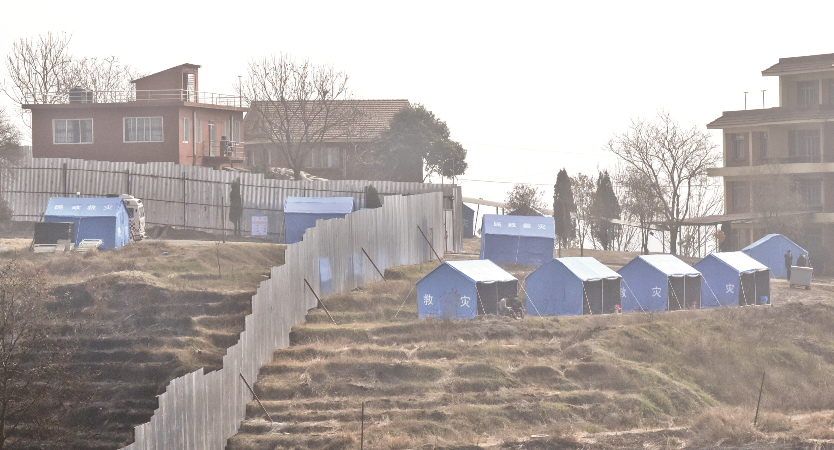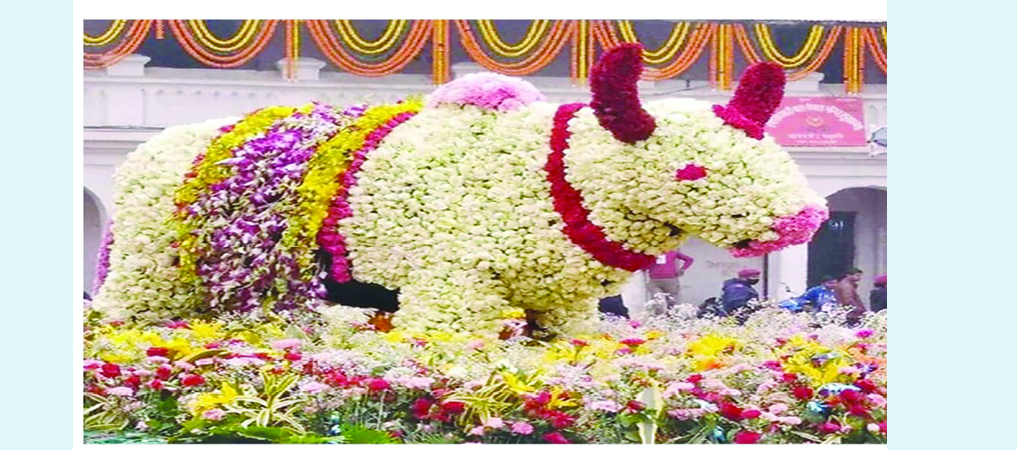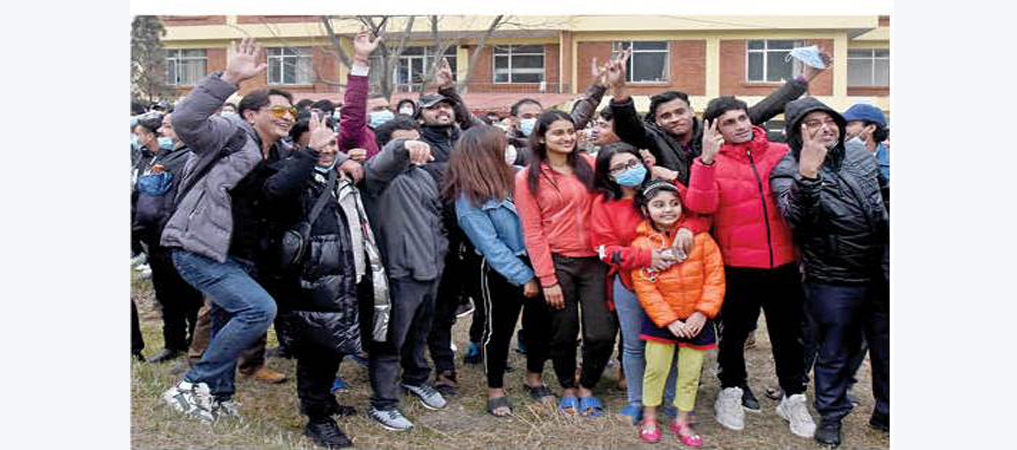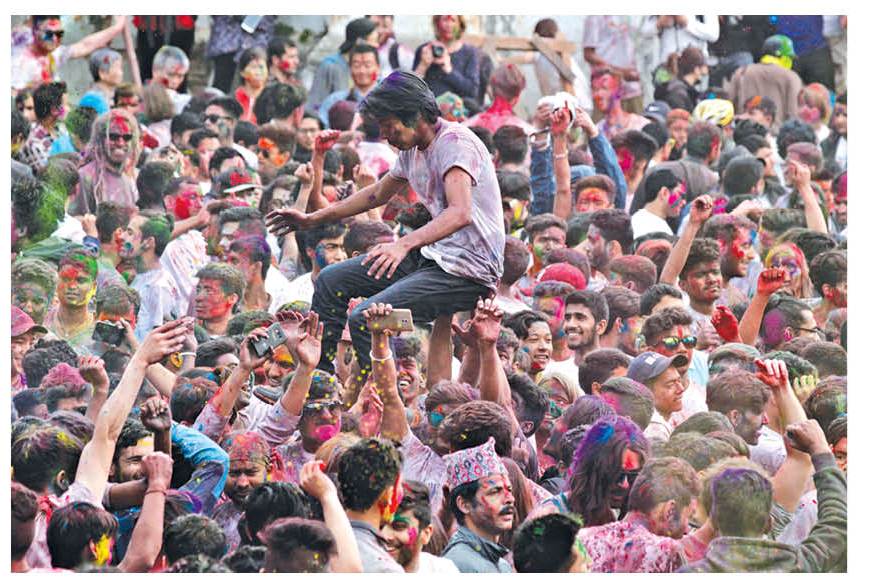Call For Apt Response
Sampada Anuranjanee Khatiwada
YOUTHS, in numbers gathered near PM's residency, Baluwatar on June 9 to organise a peaceful protest maintaining social distancing, calling the government to effectively manage its response towards COVID-19 pandemic.
While the police, attending their duties, used water cannons on protestors to disperse the crowd as it defied the lockdown and was against prohibition on gathering of more than 25 people, the fact that the crowd had raised a legitimate point, urging the government to adopt proactive, more effective and well managed measures to curb the COVID-19 spread cannot be overlooked.
Changing the modality of lockdown, increasing Polymerase Chain Reaction (PCR) tests by completely stopping the unreliable Rapid Diagnostic Tests (RDTs), increasing the medical capacity and ventilators, prioritising safety of frontline workers and transparency and accountability of funds used in response to the pandemic were some of the reasonable demands of youths.
Despite over 70 days into the nationwide lockdown implemented to prevent the spread of COVID-19, the virus has been spreading across the nation like wildfire. The caseload is soaring daily. Although Nepal's preparedness for the battle against COVID-19 was considered the best in South Asian region during the initial days of lockdown, the lockdown doesn’t seem to be effectual anymore as the cases have been rising daily and lives are being lost.
Side by side, the hardships that the public have been facing due to the lockdown is intensifying with consequent extension of lockdown. Loss of jobs, downfall of business, economic hardships, hunger, halting of construction and development projects affect physical and mental wellbeing. The lockdown has taken toll on each and every aspect of life. The cases of domestic violence, death due to hunger and suicide rates are also on the rise.
Though the threat of virus infection is increasing all across the nation and the virus tests are being done only on those who've returned from India and are placed in quarantine it is evident by now that the COVID-19 patients in Nepal are almost asymptomatic. Thus, this calls for rapid expansion of PCR testing.
The real status of the virus spread in Nepal cannot be accessed unless the range of PCR tests is increased. Likewise, the World Health Organisation (WHO) has explicitly said that the RDTs were not reliable in testing COVID-19. But these tests are continuing. A few days earlier, a youth in Surkhet succumbed to COVID-19. After completion of quarantine period, he was sent home as he tested negative for the virus in RDT. He died the same day after being sent home. In PCR test done after his demise, he tested positive for the virus. This shows the unreliability of RDTs.
The issues raised by the youths in The Baluwatar protest defied lockdown but the issues raised were rational which calls for government response. The virus will equally hit all lives hard regardless of which political party we are affiliated with, which religion we follow and which caste we belong to. It is high time the government address the concerns raised by the youths and ensure that all the citizens remain safe from the virus infection.
Recent News

Do not make expressions casting dout on election: EC
14 Apr, 2022
CM Bhatta says may New Year 2079 BS inspire positive thinking
14 Apr, 2022
Three new cases, 44 recoveries in 24 hours
14 Apr, 2022
689 climbers of 84 teams so far acquire permits for climbing various peaks this spring season
14 Apr, 2022
How the rising cost of living crisis is impacting Nepal
14 Apr, 2022
US military confirms an interstellar meteor collided with Earth
14 Apr, 2022
Valneva Covid vaccine approved for use in UK
14 Apr, 2022
Chair Prachanda highlights need of unity among Maoist, Communist forces
14 Apr, 2022
Ranbir Kapoor and Alia Bhatt: Bollywood toasts star couple on wedding
14 Apr, 2022
President Bhandari confers decorations (Photo Feature)
14 Apr, 2022





